She crosses big China to accost you
Updated: 2015-01-23 07:40
By Wang Yiqing(China Daily)
|
||||||||
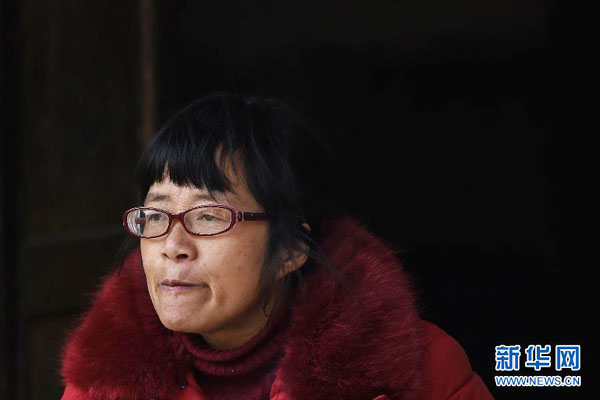 |
|
Chinese farmer Yu Xiuhua has been praised as China's Emily Dickinson by the media. [Photo/Xinhua] |
She attained fame overnight, almost rudely. But then she is no ordinary poet (poetess, to be politically incorrect), for she has been serving the three muses of poetry, Calliope, Euterpe and Erato, for 16 years.
Yu Xiuhua is a farmer and all of 39 years old. She lives in Zhongxiang of Central China's Hubei province, and has been called by the media as the "poetess with cerebral palsy (a condition characterized by movement problems)". Yu broke through social media WeChat recently after poetry magazine twitted her poem, Crossing big China to sleep with you.
Many media outlets have talked about her and her poems but their approach has been somewhat complicated. They have indeed praised her poems saying they carry real feelings and the power to move hearts. But, unwittingly or otherwise, their focus seems to be on her physical and social conditions, with one media outlet describing her as "a countrywoman who composes poems".
The woman described by some media outlets as "China's Emily Dickinson", the famous American poet, dropped out of senior high school, has lived the life of a farmer since and does suffer from cerebral palsy.
But none of her physical traits, or the lack of them, have anything to do with her ability to compose poems. In the world of poetry, the only things that matter are words, and the feelings and meanings they carry. And her poem, Crossing big China to sleep with you, conveys that feeling, full as it is with passion: "Across China, all is happening: volcanoes are erupting, rivers are running dry...I pressed nights into a dawn to sleep with you, I gathered all I am to sleep with you".
That she became famous overnight mainly because of media hype, rather than on the basis of her works, is a reflection of the times we live in. By using offensive epithets such as "poetess with cerebral palsy" or "countrywoman who composes poems", media outlets have succeeded in catching the eyes of readers and viewers.
- Inspection teams to cover all of military in anti-corruption drive
- Tornado, heavy rain batters Central China's Hunan
- Beijing's five-year plan: Cut population, boost infrastructure
- Palace Museum discovers relics buried for over 600 years
- Disney promises ‘safe, pleasing service of high quality’
- Couple detained for selling their two sons
- Rousseff: Accusations against her 'untruthful'
- Almost one-sixth of Brazil's confirmed microcephaly cases linked to Zika
- Impeachment trial against Rousseff recommended to senate
- With nomination secured, Trump to aim all guns at Hillary Clinton
- Obama sips Flint water, urges children be tested for lead
- Massive protests against Abe mark Japan's Constitution Memorial Day

 Raging wildfire spreads to more areas in west Canada
Raging wildfire spreads to more areas in west Canada
 World's first rose museum to open in Beijing
World's first rose museum to open in Beijing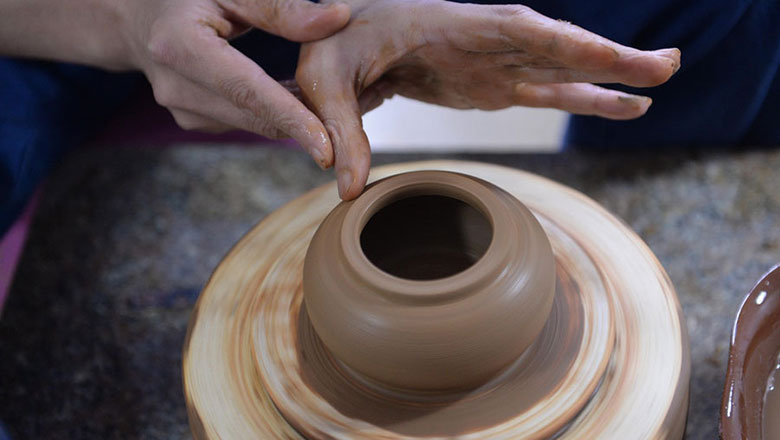
 Teapot craftsman makes innovation, passes down techniques
Teapot craftsman makes innovation, passes down techniques
 Top 8 iOS apps recommend for mothers
Top 8 iOS apps recommend for mothers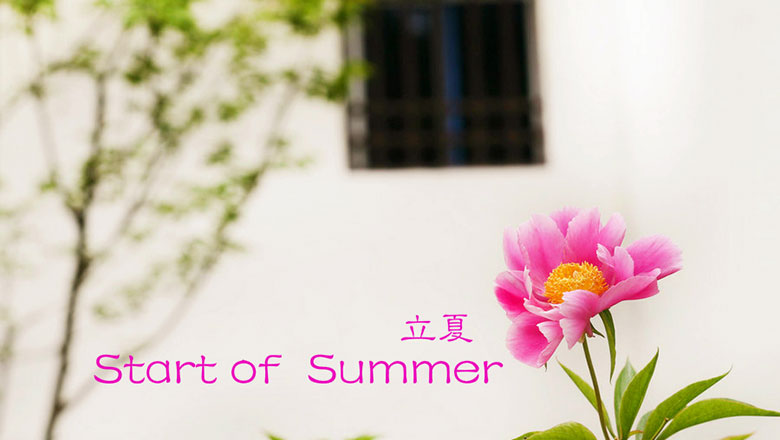
 Five things you may not know about the Start of Summer
Five things you may not know about the Start of Summer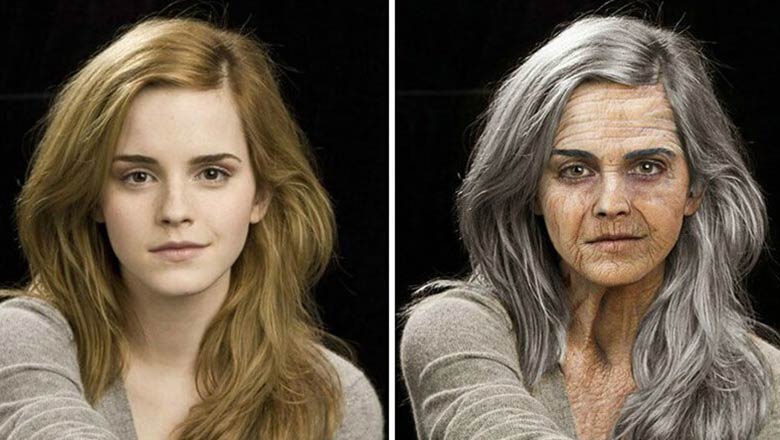
 Art imagines celebrities as seniors
Art imagines celebrities as seniors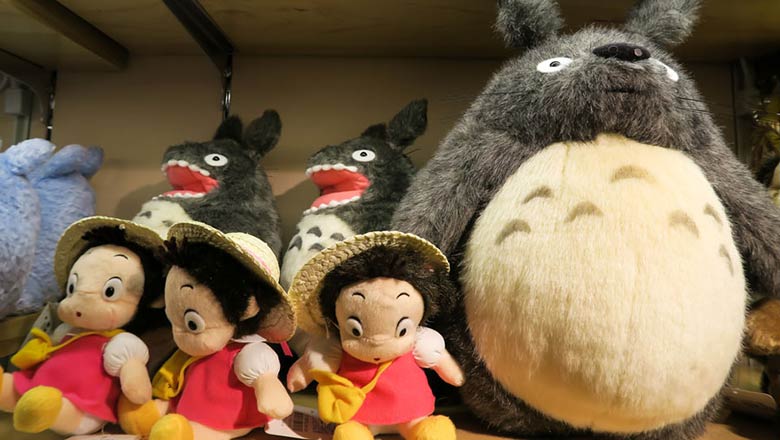
 Japanese animator Miyazaki's shop a big hit in Shanghai
Japanese animator Miyazaki's shop a big hit in Shanghai
 Star Wars Day celebrated around world
Star Wars Day celebrated around world
Most Viewed
Editor's Picks

|

|

|

|

|

|
Today's Top News
Liang avoids jail in shooting death
China's finance minister addresses ratings downgrade
Duke alumni visit Chinese Embassy
Marriott unlikely to top Anbang offer for Starwood: Observers
Chinese biopharma debuts on Nasdaq
What ends Jeb Bush's White House hopes
Investigation for Nicolas's campaign
Will US-ASEAN meeting be good for region?
US Weekly

|

|







